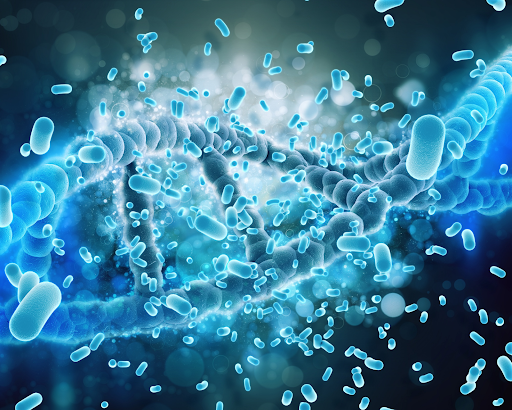The integration of recombinant proteins into stem cell and regenerative medicine has become a major driver of progress—from benchside exploration to bedside therapies. Known for their high specificity, biological activity, and reproducibility, recombinant proteins are redefining how scientists influence cell behavior, design tissue models, and develop personalized therapeutic approaches.
Steering Stem Cell Fate and Lineage Commitment
In the controlled environment of a lab, stem cells depend heavily on external signals to maintain their identity or begin transforming into specific cell types. Recombinant growth factors and signaling molecules deliver those cues with unmatched consistency, enabling:
Preservation of pluripotency: Proteins like recombinant FGF2 and TGF-β help stem cells retain their undifferentiated, self-renewing characteristics.
Directed differentiation: Specific recombinant factors such as BMPs, WNT proteins, and EGF facilitate the conversion of pluripotent cells into neurons, cardiomyocytes, hepatocytes, and other mature cells.
Organoid development: Recombinant proteins are integral to building complex 3D organoid systems that mimic the architecture and function of real tissues for research and preclinical testing.
Enabling Progress in Cell and Gene Therapy
In cell-based and gene-modified therapies, recombinant proteins offer vital support at every stage of development:
Cell expansion: Cytokines and mitogens help boost the growth of cell populations destined for therapeutic use, all while maintaining their function and safety profiles.
Cellular reprogramming: Recombinant transcription factors can reprogram adult somatic cells into induced pluripotent stem cells (iPSCs) or steer them directly toward a target lineage.
Gene delivery support: Recombinant proteins are employed in the generation and optimization of viral vectors, which are critical for delivering genes into cells safely and efficiently.
Quality assessment: Specific proteins serve as functional reagents in analytical assays to confirm identity, purity, and potency of engineered cells—ensuring readiness for clinical application.
Advancing Regenerative Medicine and Wound
Repair Defined formulations of recombinant proteins are now replacing complex, undefined cell-derived extracts in tissue repair applications. By identifying and isolating key healing components from the stem cell secretome—such as VEGF, FGF-7, HGF, and TGF-β1—researchers can formulate consistent, scalable, and potent therapeutic solutions.
These protein-based formulations help:
- Enhance cellular response: Accelerate proliferation and migration of skin or tissue-resident cells at the injury site.
- Promote vascularization: Stimulate the growth of new blood vessels to support tissue repair and integration.
- Improve reproducibility and regulatory compliance: Offering chemically defined, batch-consistent alternatives to variable biological mixtures.
Supporting Cutting-Edge Disease Models
Recombinant proteins are vital in constructing physiologically relevant in vitro models, enabling high-resolution studies of complex biological systems:
Organoids and 3D cultures: Enable advanced modelling of organ development, intercellular communication, and disease mechanisms.
Cardiac and neurobiology studies: Support survival and function of cardiac cells and neurons, facilitating research into heart disease and neurodegenerative disorders.
Why Recombinant Proteins Stand Out
Reliability and reproducibility: High purity and standardization across batches make recombinant proteins ideal for both experimental and clinical use.
Engineered precision: Proteins can be customized to improve thermal stability, reduce immune response, or enhance biological activity.
Regulatory readiness: Recombinant production eliminates reliance on animal- or serum-derived inputs, lowering contamination risk and supporting safety profiles aligned with regulatory expectations.
Conclusion
Recombinant proteins are reshaping the landscape of stem cell and regenerative medicine by providing the biological precision needed for next-generation therapies. From controlling stem cell behaviour to enhancing tissue repair, these proteins offer scalable, safe, and customizable tools that are central to progress in this evolving field. As new discoveries emerge, their role will only deepen—fueling innovation in therapeutic development and patient care.
GeNext Genomics is proud to support this journey with premium recombinant proteins optimized for stem cell biology and regenerative applications. Collaborate with us to accelerate your research and bring advanced therapies to life.



